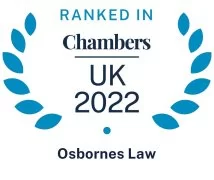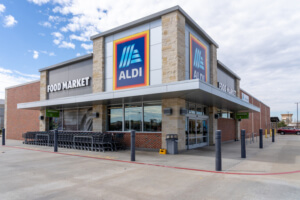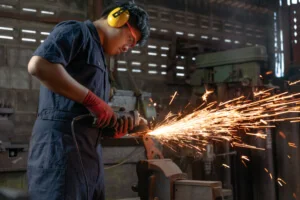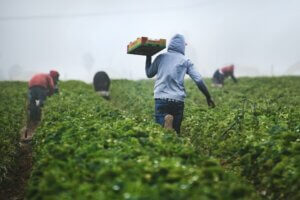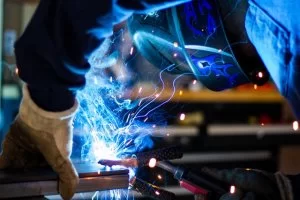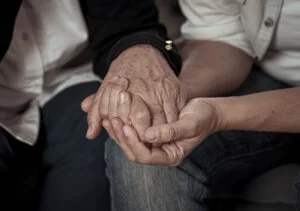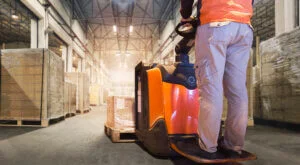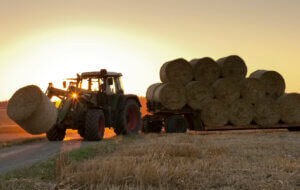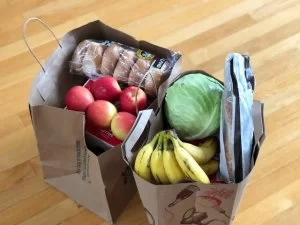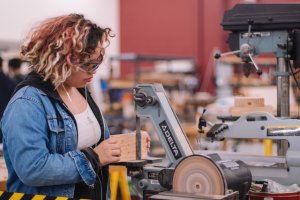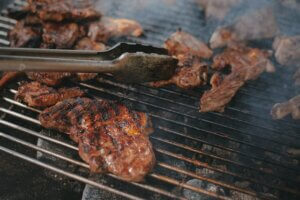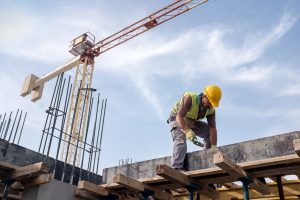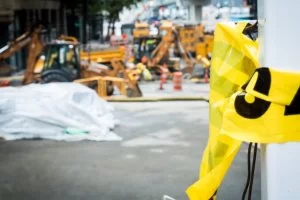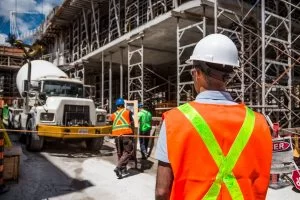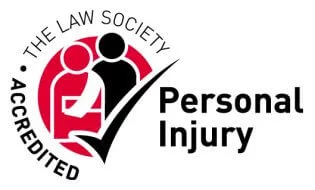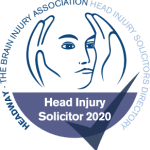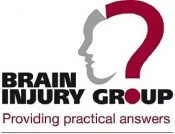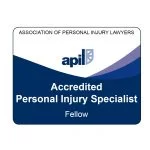Farm Accident Claims
Farming Injury Claims
Our solicitors will guide you through the process of making a Farm Accident Claim.
“They punch well above their weight. The quality of service they provide equals that of any of the larger top-name firms in this area.”
“Fielding a first class, very well resourced team of litigators, the personal injury department at Osbornes is rated for its diverse workload of complex, high-value injury claims.”
Introduction
Half a million people work in agriculture, and whilst this can often be rewarding work it can also be dangerous. Owners have a duty to manage the high risk of injury. Accidents do happen, but they are often caused by negligence, and on a farm they can have serious consequences.
Causes of Farm Accidents
There is a wide range of dangers inherent in the use of agricultural machinery, food production and livestock management:
-
Farm vehicles: Being run over or crushed by a farm vehicle is the single highest cause of fatal accidents on the farm. Tractors, diggers, transportation lorries, forklifts and other trucks, quad bikes and other off-road vehicles and combine harvesters all pose specific dangers and the risks need to be assessed and managed.
-
Farm machinery: There is a wide range of machinery in use in agriculture, and it all needs proper training, instruction and supervision to avoid serious injuries. A key safety problem highlighted by the HSE is the use of power take-off shafts on the back of tractors, which are notorious for causing serious injury when not properly guarded or improperly used. Other machinery, such as potato rollers and conveyors, balers and bale choppers and feeder wagons all pose particular dangers that need to be addressed as part of a workplace assessment.
-
Falls from height: Many farm buildings have fragile roofs and are not built to withstand the weight of people. Even if this is known to the farmer it may not be known to farm workers, and unless safety equipment and warning notices are available there is a significant risk of serious injury. According to the Health & Safety Executive falls from height are the second biggest cause of agricultural fatalities.
-
Confined spaces: Storage silos and tanks and slurry pits are extremely hazardous places and carry a well-known danger of death. Toxic fumes and drowning are particular dangers if confined space rescue is not possible. 10% of all fatalities on farms are caused by asphyxiation or drowning.
-
Children: Most farms are also homes and so children will often be around the yard and buildings and will sometimes be helping with the farm work. But the statistics show that sadly 50 children have died in farm accidents in the last decade, and child protection on the farm is a serious safety issue. See our page on child accident claims.
-
Chemicals: Most farms routinely use pesticides, fertilisers and food additives, and the chemicals they contain may be harmful. There are additional dangers from dust, toxic gases and exhaust fumes, and these risks need to be assessed and controlled by law.
-
Livestock: Cows, bulls and horses in particular need careful and skilled handling, but even so can be unpredictable. All farm employees working with animals should be properly trained in their safe handling, and in particular how to avoid being bitten, kicked, trampled or crushed.
-
Lifting and handling: Although it is obvious that farm work can involve heavy manual labour that does not mean it should not be controlled. Manual handling regulations simply require employers to consider the risks involved in the work and make sure that the loads and tasks involved are manageable. If a farm worker is injured because he was required to manually lift something that was too heavy or had to repeatedly lift loads beyond his capacity then his employer will usually be liable.
Agricultural accident claims
Despite the high rate of serious injury in this sector, most accidents at work (an estimated 75%) go unreported. But farmers are by law insured, in the same way as any other employer, and unless the accident was completely caused by the worker’s own carelessness or was an unavoidable accident then there is likely to be a successful claim following an agricultural accident.
What types of farm injuries can I claim for?
You can claim for any type of injury, no matter how minor or severe it may seem. Some of the most common farm injuries that people claim compensation for include:
While some hand injuries will be short-lived and heal relatively quickly, others can have long-term consequences. That’s why your solicitor will request a medical report as part of your claim. An independent specialist will assess the long-term outlook and treatment of your injury. We use their report as a starting point in compensation negotiations, to ensure you receive the compensation you need to recover, both now and in the years to come.
Why choose Osbornes Law for a Farm Accident Claim?
If you have suffered an injury, it is vital to choose the right solicitor to handle your claim. Osbornes Law is one of the leading personal injury law firms in the UK. That’s not just because we say so, but also because independent legal directories such as The Legal 500 and Chambers & Partners rank us as such.
By choosing Osbornes Law for your office injury claim, you will benefit from:
- Expertise – our farm accident solicitors have extensive experience in handling claims involving all types of injuries. We understand the complexities involved and know how to build strong, evidence-based cases that maximise your chances of success.
- Personalised service – we’ve built our reputation on treating our clients with compassion. Our team is always available to answer any questions you may have and provide support every step of the way.
- No-win no-fee – personal accident claims can usually be funded through a no-win no-fee agreement. This means that you will not have to pay any upfront fees or legal costs unless we win your case.
- Support in every aspect of your claim – our service goes beyond just handling the legal aspects of your claim. We work with a network of healthcare professionals, charities and support groups to ensure that you are connected to the best possible services while we fight for your right to compensation.
I recently had the pleasure of working with Joanne from Osbornes Law, and I cannot recommend them highly enough. From start to finish, their professionalism, expertise, and attention to detail were exemplary. Ultimately, thanks to Joanne's hard work and dedication, my housing issue was resolved in a timely and satisfactory manner. I couldn't be happier with the level of service I received, and I would recommend Joanne and Osbornes Law without hesitation to anyone seeking legal advice or representation in the housing arena.
"The very personable and client-focused Lisa Pepper."
May I take this opportunity to thank you for the effort expended in respect of successfully navigating 'the long and winding road' to eventually bring this matter to a satisfactory conclusion.
Naomi Angell is described as hugely experienced, calm and a good listener.
I just wish to thank you for your hard work and successful outcome. I am pleased with the result and would recommend you and your firm to anyone in the future.
Client StoriesVIEW ALL
- 9.7.2025
Warehouse Worker Fights Aldi’s False Dishonesty Claims
Aldi’s worker suffers ‘mental torture’ after the supermarket giant falsely accuses him of lying In a shocking case that...
Read more - 5.6.2025
Migrant Workers Face Greater Risk of Workplace Accidents
Why migrant workers face greater risk of workplace accidents? Foreign workers in the UK are statistically more likely to experience...
Read more - 22.10.2024
£75,000 Settlement for Head Injury at College
Accident During a College Class Eloise Mears, Solicitor at Osbornes Law, represented a student who sustained a head injury while...
Read more - 26.4.2024
Head Injury Following Slip at Work
Client who slipped at work obtains a good settlement Laura Swaine recently settled a work accident claim for a client...
Read more - 26.4.2024
Six-Figure Settlement for Head Injury at Work
Settlement for a client injured at work Laura Swaine recently settled a claim for a client who was injured while...
Read more - 14.3.2024
Strawberry Picker Receives £10,500 After Accident at Work
Incident in the Strawberry Field Our client was at work, walking in the field and carrying cages with strawberries, when...
Read more - 13.3.2024
Accident at Work Compensation Examples
Factory Worker Receives £14,000 for Hot Water Burns Our client was working in a food producing factory. He was injured when...
Read more - 13.2.2024
5-figure Payout for Death of Hungarian Lorry Driver
Hungarian lorry driver tragically dies Siobhan McIvor, a Partner and Personal Injury lawyer, has successfully settled a fatal accident compensation...
Read more - 6.12.2023
Accident at work claim settled for Romanian driver
Siobhan McIvor, a Partner in the Personal Injury Department, has successfully settled an accident at work claim arising from an...
Read more - 5.12.2023
£75,000 Compensation After Accident Leads to Blood Clot
£75k Settlement Following Injury at Work Serious injury lawyer, Blanca Diego Casas recently represented an individual who suffered serious medical...
Read more - 23.11.2023
Accident at work claim settled for Hungarian factory...
Forklift trucks are a common cause of warehouse injury claims due to human error on the part of the forklift...
Read more - 11.4.2023
£250,000 settlement for client injured in forklift accident
Sophie Davies, a specialist personal injury lawyer at Osbornes Law, recently represented a client who suffered life-changing injuries following a...
Read more - 17.11.2021
£100,000 settlement for tripping at work
Osbornes Law secures £100,000 settlement for Hungarian woman who tripped over a shopping bag at work Siobhan McIvor, a Partner in...
Read more - 17.11.2021
£165,000 settlement for factory accident
Siobhan McIvor, a Partner in the Personal Injury Department of Osbornes Law, has settled a £165,000 accident at work claim, with...
Read more - 31.8.2021
Kitchen Accident Claim
Our client, a hospitality supervisor instructed Osbornes after he slipped and fell on oil and food debris on the floor...
Read more - 18.5.2021
Construction Site Accident at Work
Our client suffered numerous fractures to their left leg requiring surgery following a work accident on a construction site. He...
Read more - 18.5.2021
Compensation for Amputation on Construction Site
Our client worked as a carpenter/bricklayer on a building site at a residential property in North London. He was...
Read more - 15.10.2020
Fatal Accidents In The Workplace
A new article from the BBC takes a looked at fatal accidents at work. The report states that since 1981, there...
Read more - 2.9.2020
Lasting damage to ankle following construction accident settles...
Sam Collard, a Partner in the Osbornes’ catastrophic injury team, recently settled a construction accident claim for a Romanian man...
Read more - 30.7.2020
Self Employed Accident at Work Claims
Understanding self employed workers’ rights As a self-employed worker, understanding your rights after a workplace accident is crucial. While your...
Read more - 13.8.2019
Fatal Accident Conviction Highlights Health & Safety
Construction bosses guilty of gross negligence manslaughter Conrad Sidebottom, 46, and Richard Golding, 43, were jailed for their part in causing the...
Read more
Our Personal Injury Team View the whole team
Rob Aylott
 Partner
Partner
Personal Injury SolicitorsSam Collard
 Partner
Partner
Personal Injury SolicitorsSophie Davies
 Partner
Partner
Personal Injury SolicitorsLaura Swaine
 Partner
Partner
Personal Injury SolicitorsNicola Hall
 Senior Associate
Senior Associate
Personal Injury SolicitorsAndrew Middlehurst
 Senior Associate
Senior Associate
Personal Injury SolicitorsView the
whole team

